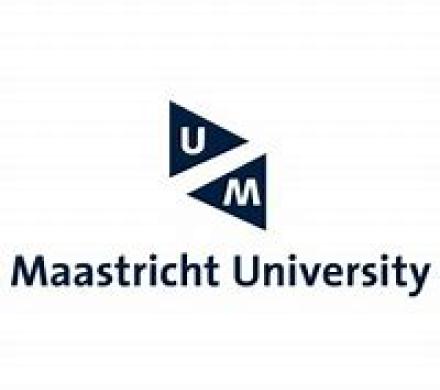How European defence investments could be leveraged to restart arms control negotiations with Russia
The European nuclear arms control regime is in bad shape, due to the end of the INF Treaty (Intermediate-Range Nuclear Forces Treaty), the ABM Treaty (Anti-Ballistic Missile Treaty), the CFE Treaty (Treaty on Conventional Armed Forces in Europe), and perhaps even the START Treaty (Strategic Arms Reduction Treaty). Russia has invested heavily in new technologies and the United States wants China to be included in any future agreements, while China has shown no interest. This leaves Europeans sitting on the sidelines when it comes to crucial developments for their own security. Europeans need to find ways to pressure Russia and diminish their reliance on the United States.
What is the potential for European investments in advanced conventional weapons that could incentivise Russia back to the negotiating table? This brief explores the potential of competitive approaches to arms control. A competitive approach to arms control is built on the assumption that an actor recognises that its long-term future security is looking progressively worse if they do not act now to stabilise the qualitative and quantitative military balance of power.
Read the paper here.

The Hague Centre for Strategic Studies
HCSS conducts research and provides advice on geopolitical and defence & security issues to governments, international institutions and businesses. Our research is characterized by a datadriven, multidisciplinary approach, specialist knowledge and a strategic orientation. We combine broad, conceptual knowledge with qualitative and quantitative methods and present our findings in the form of recommendations, strategic explorations and scenario analyses




